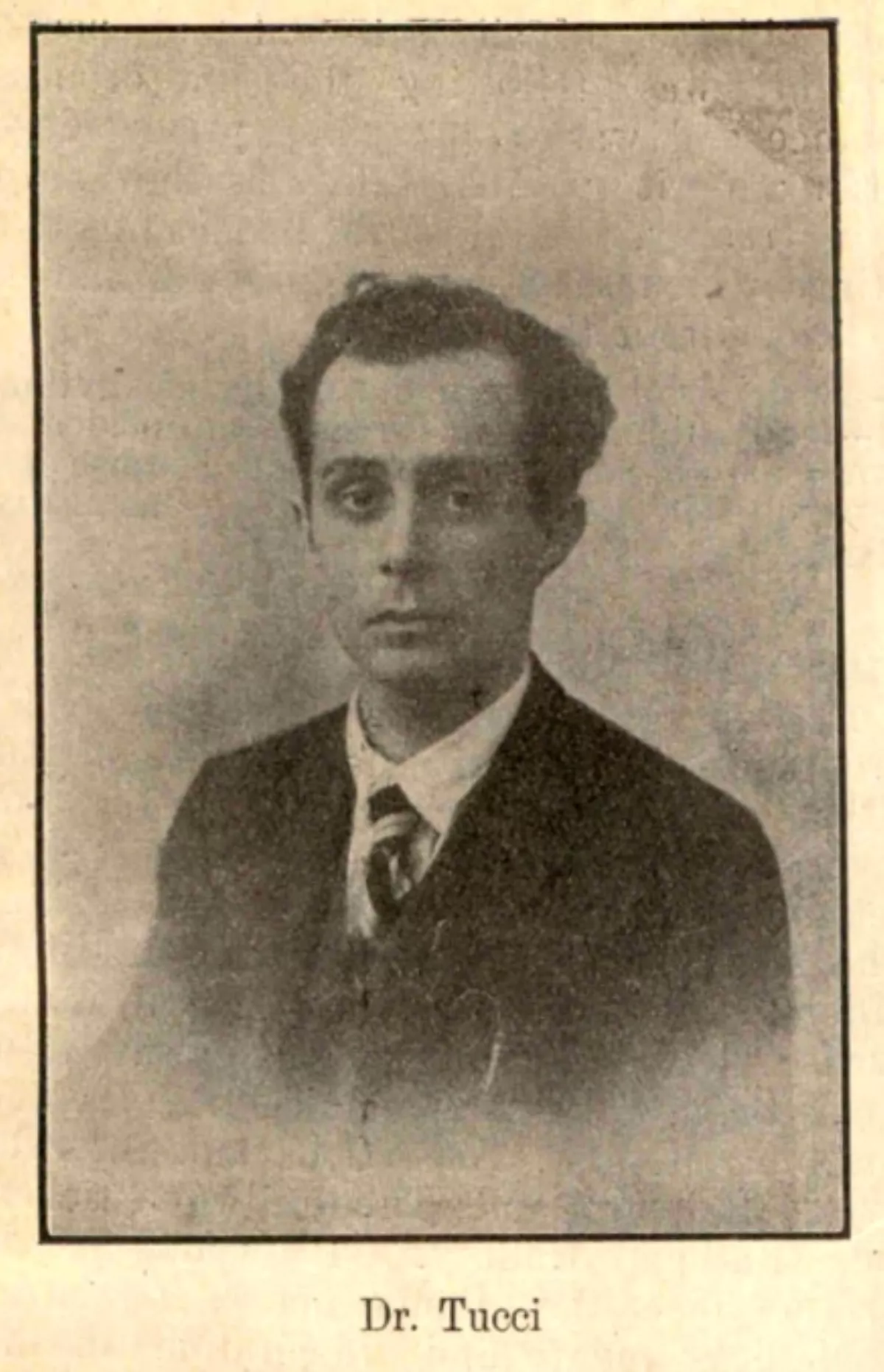 1.
1. Giuseppe Tucci was fluent in several European languages, Sanskrit, Bengali, Pali, Prakrit, Chinese and Tibetan and he taught at the University of Rome La Sapienza until his death.

 1.
1. Giuseppe Tucci was fluent in several European languages, Sanskrit, Bengali, Pali, Prakrit, Chinese and Tibetan and he taught at the University of Rome La Sapienza until his death.
Giuseppe Tucci is considered one of the founders of the field of Buddhist studies.
Giuseppe Tucci taught himself Hebrew, Chinese and Sanskrit before even going to university and in 1911, aged only 18, he published a collection of Latin inscriptions in the prestigious Zeitschrift des Deutschen Archaologischen Instituts.
Giuseppe Tucci studied and taught at Dhaka University, the University of Benares and Calcutta University.
Giuseppe Tucci remained in India until 1931, when he returned to Italy.
Giuseppe Tucci was Italy's foremost scholar of the East, with such diverse research interests ranging from ancient Iranian religion to Indian and Chinese philosophy.
Giuseppe Tucci taught primarily at the University of Rome but was a visiting scholar at institutions throughout Europe and Asia.
Until 1945, when the IsMEO was closed, Gentile was its president and Giuseppe Tucci was its managing vice-president and, later, director of the courses of languages.
Giuseppe Tucci officially visited Japan for the first time in November 1936, and remained there for over two months until January 1937, when he attended at the opening of the Italian-Japanese Institute in Tokyo.
Giuseppe Tucci traveled all over Japan giving lectures on Tibet and "racial purity".
Giuseppe Tucci organised several pioneering archaeological digs throughout Asia, such as in Swat in Pakistan, Ghazni in Afghanistan, Persepolis in Iran and in the Himalayas.
Giuseppe Tucci was the promoter of the National Museum of Oriental Art.
Giuseppe Tucci was a supporter of Italian Fascism and Benito Mussolini.
Giuseppe Tucci's collaboration began in his student days at the University of Rome, where he first met Giovanni Gentile, and continued right up to Gentile's assassination in 1944, which led to the forced closure of IsMEO for over two years until 1947.
Giuseppe Tucci was a member of the editorial board of an Italian propaganda magazine, Yamato, which was started in 1941 to improve the political alliance of Italy and Japan.
Giuseppe Tucci died in San Polo dei Cavalieri, near Rome, in 1984.
The only biography on Giuseppe Tucci is by Enrica Garzilli, L'esploratore del Duce.